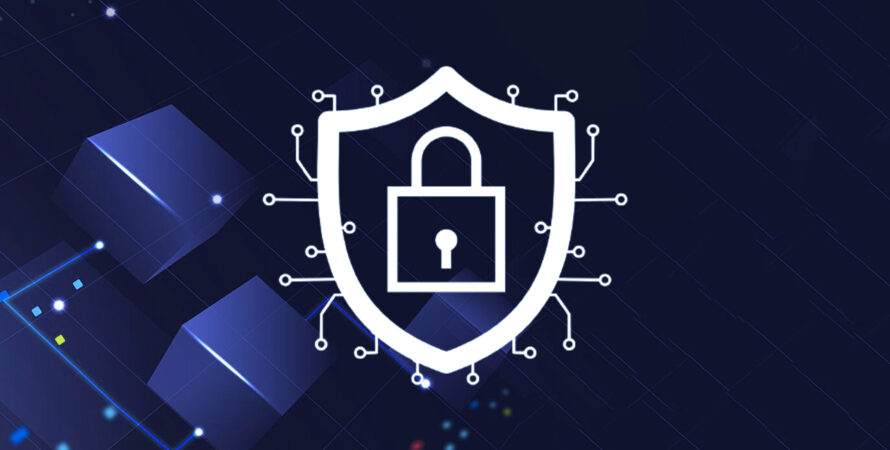- One of the main causes of data breaches is human error, which can be considerably reduced to make transactions impervious to tampering and less vulnerable to interceptions.
- As it connects with crucial business processes, blockchain is becoming synonymous with every industry on a vertical scale and is taking the world by storm.
Blockchain technology employs a ledger-based system to record data and execute transactions using numerous computers connected via networks. It is completely decentralized. The best feature of blockchain is the ability to start a transaction using any digital asset that is added to the network. The data will always remain secure, unlike conventional banking systems, and there won’t be any middlemen involved.
Use Cases Of Blockchain In Financial Services
It is not surprising that the way clients do transactions is changing as a result of the projected revolution that blockchain will bring to the banking industry. It streamlines and replaces conventional banking procedures with modern ones that are safer, more effective, and less expensive. The digital banking industry is being revolutionized in the manner listed below.
- Blockchain expedites international transfers
Issues and investors are matched in the capital markets according to their respective risk and return profiles. Firms experience liquidity hazards, interest rate volatility, and other financial problems in addition to a lack of strict regulation and monitoring practices. By removing operational risks that lead to fraud and human error and lowering overall counterparty risks, blockchain has the potential to revolutionize the financial markets.
- Blockchain creates an audit trail
By removing data duplication and financial fraud, as well as by keeping a transparent audit trail, blockchain can increase the security of banking transactions. Blockchain networks are secured by thousands of ledgers; no data can be modified unless all network users agree to it. Due to this, hackers find it extremely difficult to access and corrupt important data, sparing victims from financial losses of hundreds or thousands of dollars.
- Blockchain secures private messaging and cyber-physical infrastructures
Hackers are increasingly targeting users on social media sites like Facebook and Twitter. Every year, millions of accounts are compromised as a result of information getting into the wrong hands and message systems being tapped. Blockchain technology has the potential to improve company security and standardize communications across a range of messaging channels. It can protect data from being intercepted by encrypting communications between parties.
Can Blockchain Help Reduce Cyber Risk?
Blockchain’s multiple consensus mechanisms, which increase the accuracy of shared ledgers, are a fundamental component. Blockchain makes consensus a requirement for network participants, strengthening the stability of financial institutions. Before new data is added or modified, every block in a chain must be confirmed. Since participants are provided with increased transparency and blockchains stored in the cloud come with additional cybersecurity safeguards, it is difficult to corrupt them. The key point is that by boosting an organization’s cyber resistance against new threats, blockchain technology can improve its overall cybersecurity posture.
Conclusion
Blockchain shows promise in modern banking; however, the technology is new, and there are still challenges to overcome. Banks are facing pressing issues with its implementation, and although there is worldwide enthusiasm, governments have yet to recognize and approve of its use cases. However, this isn’t stopping its adoption, and blockchain can improve the state of capital markets, cross-border transactions, and trade finance in the future.




